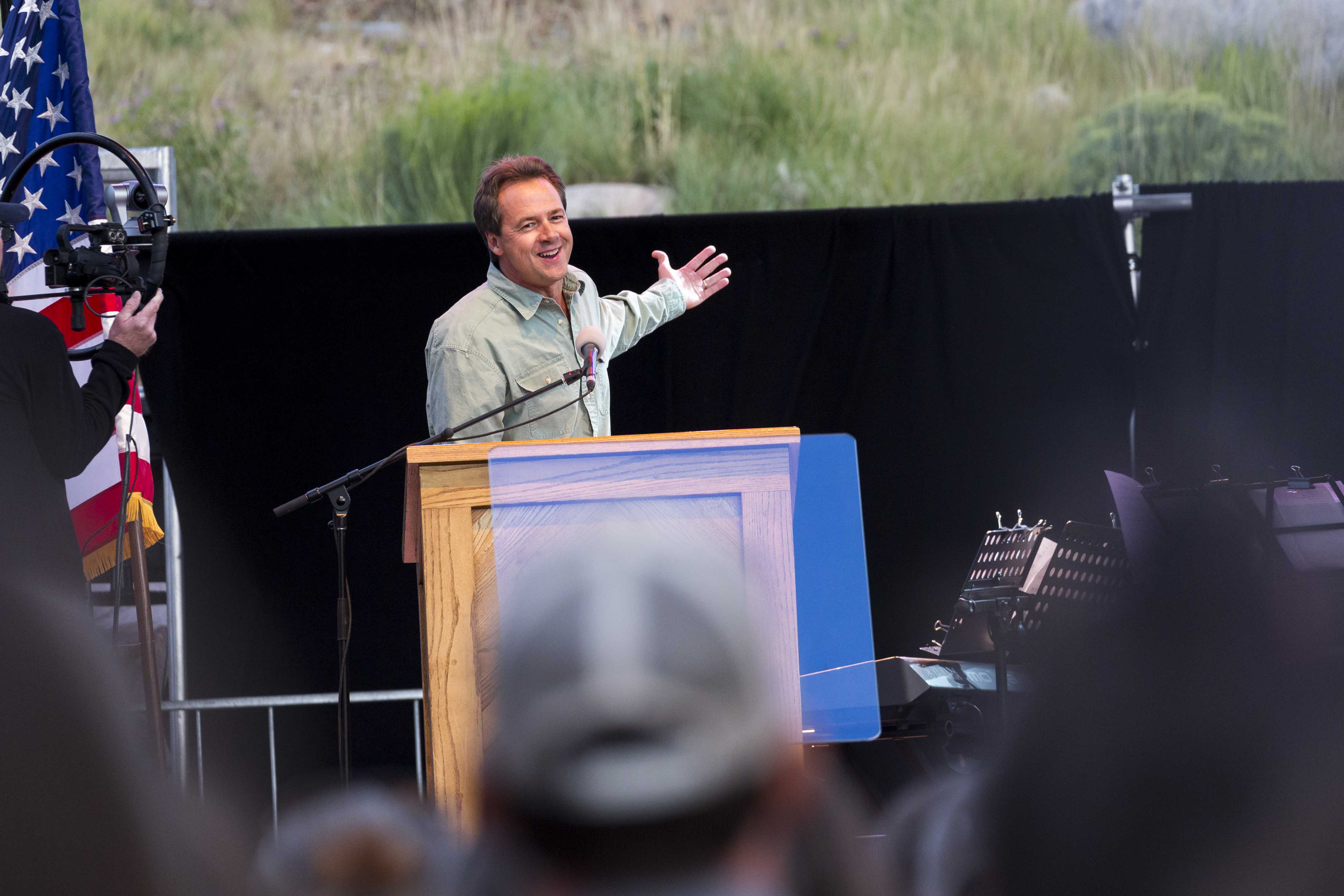Montana’s Governor Steve Bullock announced Monday that internet service providers holding state contracts would have to follow the principles of net neutrality despite it’s no longer being protected at the federal level. In a press release posted on Montana.gov Bullock explained his actions, enforced via executive order, and encouraged other states to follow suit.
“To every governor and every legislator in every statehouse across the country, and to every small business and every Fortune 500 company that wants a free and open internet when they buy services, I will personally email this to you,” said Bullock, referencing the details of his order, which is also available online.
Montana is not the first state to take such steps, as California, New York, and Washington announced that they were planning similar steps earlier this month, according to the Hill. New York’s bill is very similar, while California’s would be more broad as it would utilize consumer protection laws as well. Washington’s Attorney General announced plans to sue the FCC over net neutrality in a press release from mid-December 2018.
Bullock gave a speech following the signing of his press release at the high school that he attended, saying “for as long as you, or I, or anyone in this room has used the internet … we’ve had access to a free and open internet. But a free and open internet is no longer guaranteed,” though that’s not entirely true. Net neutrality is not actually that old, as the formal rules of net neutrality — which the Federal Communications Commission voted to overturn in December 2017 — were actually enacted during the Obama administration.
Optimistic net neutrality supporters may think that Bullock’s actions are premature, as it is possible that net neutrality may yet survive. While the repeal was approved and announced in December of last year, it still needs to be approved by the Office of Management and Budget. A senate bill to reverse the repeal of net neutrality protections also recently achieved the required number of supporters for lawmakers to put it up for a vote on the floor of the Senate, according to the Hill (the final required supporter was Senator Claire McCaskill, also of Montana). Special regulations for a Senate bill overturning an act of another government agency mean that the bill must be passed within sixty days, which may make a success unlikely.
While most Republican lawmakers are in favor of repealing net neutrality protections, the vast unpopularity of the action among the voting public may pressure some Republican lawmakers to vote for its protection. That is if there is ever a vote. Those sixty days started on Monday, January 8th, 2018. Since then the Senate has been largely occupied with the funding issues that caused a brief government shutdown over the weekend. Between now and February 9th the Senate is supposed to vote on immigration reform before voting on a longer-term federal budget. Assuming that both of those things happen smoothly, that will only leave around a month for the Senate to vote on net neutrality.


